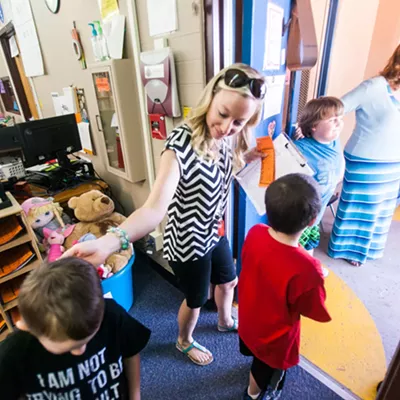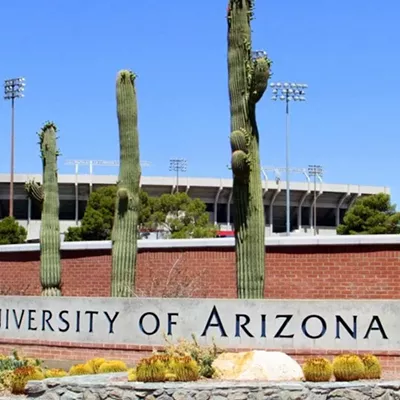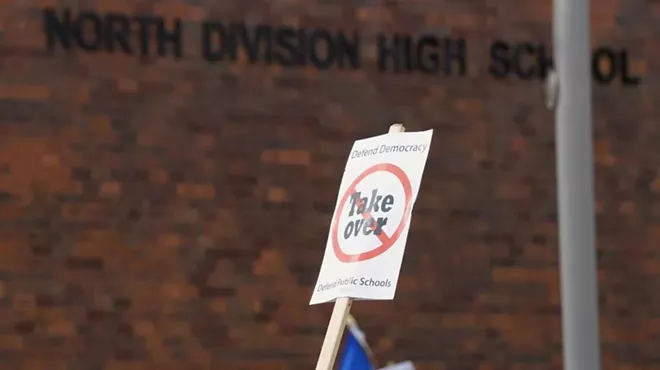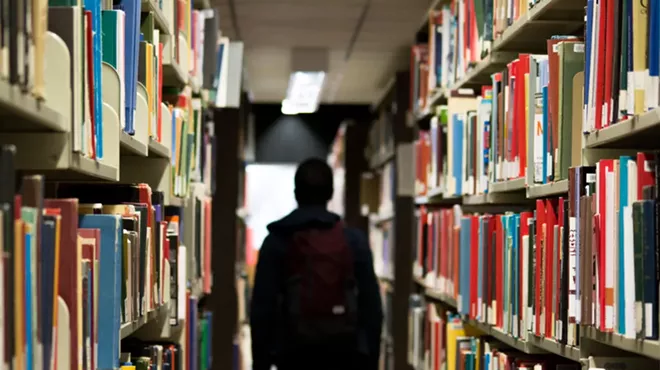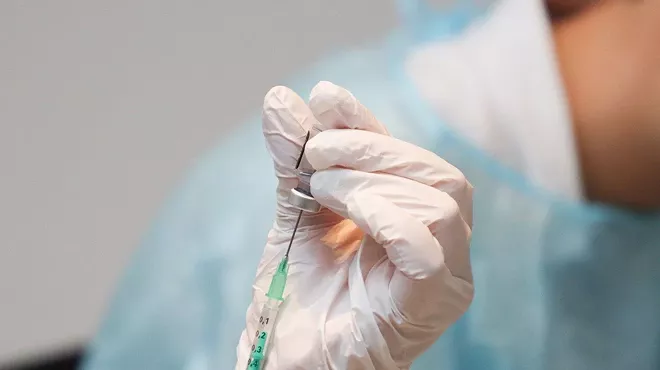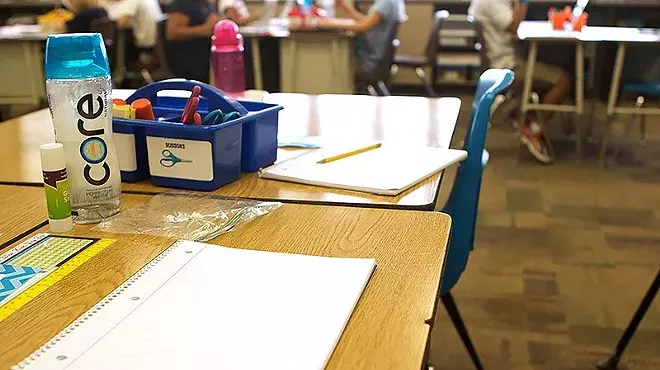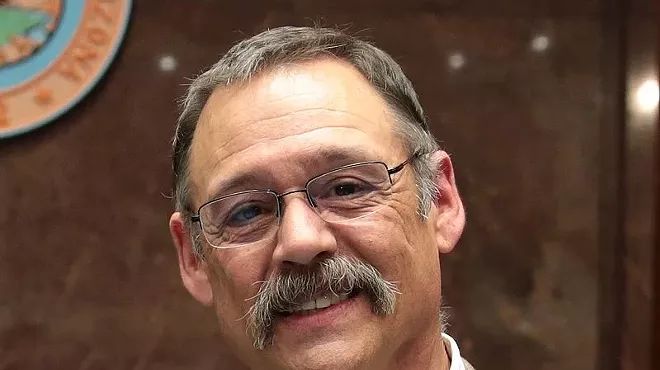Monday, January 27, 2014
Teacher Preparation, Finland Style
Our conservative “education reform” movement loves to knock teachers, especially in what they call “failing schools” — read, schools with low income students. According to them, if only we had more “great teachers” — read, non-union teachers who don’t get pay raises unless they “perform” and who never have tenure — all our educational problems would disappear.
It’s a ridiculous notion. Not because “great teachers” don’t improve students’ learning — they do — but because teachers aren’t to blame for our educational woes, and taking after the entire profession with a club, pretending you're doing it to knock out the worst teachers, does more harm than good.
But let's go with the idea that we need better teachers. The question is, how do we get them? Here’s how Finland, one of the highest rated school systems in the world, does it. Short version: (1) Attract the best and brightest college grads; (2) Give them a long, tuition free, partly paid period of teacher education; (3) Give them lots of preparation and professional development time as teachers. Oh, and: (4) Have a powerful teachers union.
So many of Finland’s top college grads apply to participate in teacher preparation programs, only 15% are admitted. There’s no guarantee that top college grads will make first rate teachers, of course. They need interpersonal skills, an ability to communicate ideas and patience, none of which are directly related to academic performance. But chances are, if top students who have their pick of professions choose teaching, and if only 15% of them make the cut, most of them are going to have the right stuff to be good teachers, as well as the intellectual gifts and motivation to learn how to become even better teachers as they gain experience.
Once Finnish grads are admitted to the teaching program, they go through a 3 year graduate-level teacher training program. They don’t have to worry about piling up college debt. The program is free, and students are given a living stipend. During their training period, they learn how to be effective teachers, which in Finland doesn’t mean becoming “drill and kill,” test prep specialists (The first time Finnish students take one of those state-wide standardized tests is during their senior year). Teachers learn how to involve their students in research and inquiry. And, much like doctors in training who have internships before they begin their practices, teachers spend a year at a school linked to a university where they get hands-on experience under the watchful eye of trained professionals.
Once they’re teachers, they spend almost half their time out of the classroom. They develop their curriculum, work with other teachers at their school and schools in the area and work with their students' parents. When they're teaching, it's in well equipped classrooms with relatively small class sizes: in the 20 student range.
Teachers unions aren't demonized. They’re strong, and one of their functions is to work alongside the Minister of Education to strengthen the quality of teaching.
So conservatives, do you really want to develop more good-to-great teachers? Then spend more money on teacher training — lots more money — and give teachers small class sizes and as well as plenty of unstructured time so they can learn to become better and better teachers — which means spending even more money. If we do that, we'll begin with more top level college graduates entering the teaching ranks and end up with a more professional, more effective teaching force.
Or we can try to do it on the cheap like conservatives suggest by letting people teach with nothing more than a 6 week boot camp in the summer, then cutting education funding so teachers work with too many students and too few resources. It sure doesn't sound like a winning program to me.
Tags: Education , teacher training , Finland



